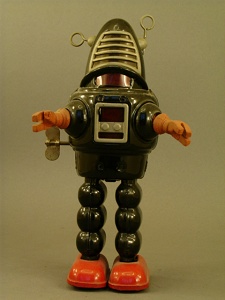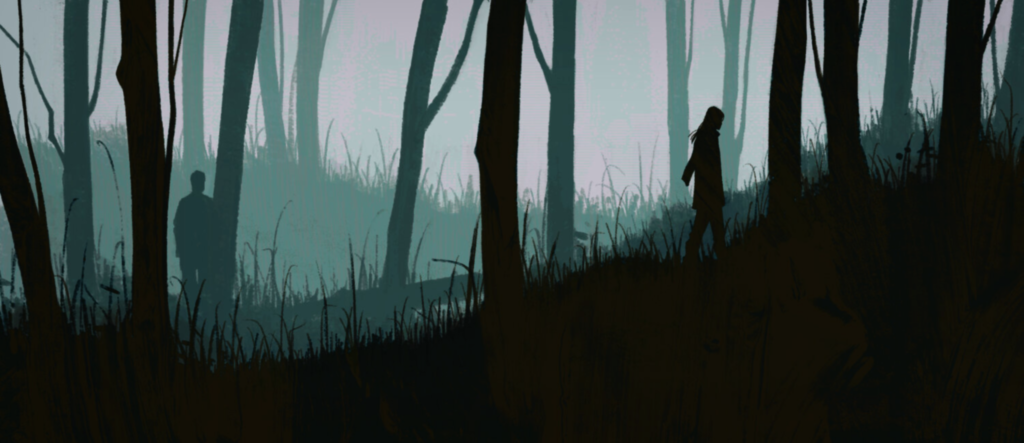A while ago I was interviewed for a study on writer working methods and the possible role of GenAI in the profession. The study promised anonymity, but that’s not an issue for me. These were some of my answers.
Do you work in a group or alone?
I always worked alone until one of my TV formats was bought for a US remake and I went to LA with a development deal. Wrote solo scripts for the show I’d created but then joined another show and became part of a writers’ room, which I enjoyed; that show flopped but I’d worked with good people. Compensation for the pooling of autonomy came in the form of a producing role with wider creative input; where in the UK a writer was invested in their own story, in the Hollywood system the writer was invested in the show as well as their own episode. This has since been eroded with studios pressing for smaller rooms, shorter seasons, shorter periods of engagement.
Who do you seek help from when you’re faced with expertise questions?
Everything starts with reading around the story area suggested by an idea. In the early days, whenever I needed an introduction to a completely unfamiliar subject, I’d seek out a children’s book on the topic and navigate from there. The first rough plan with all its blank spaces would point me to all the areas where research was needed. For expertise questions, I’d seek out an expert. Polite letter of enquiry leading to a face-to-face interview and when possible a walk-through of their professional environment. It’s then for me to process my personal experience into my story needs. This has often involved self-funded foreign travel combining research into geographical locales and the gathering of ‘local colour’. Adventures along the way would feed into the fiction. In novels, often my on-the-spot observations in voice recordings would make it verbatim into the finished prose; it was impossible to improve on first-hand impressions captured in the moment.
How does your own work consist of other’s contributions?
See above.
Do you include technologies in your professional writing?
I’ve never been technology-resistant though I tend to stand back until others have suffered through the early bugs. Moved from electric typewriter to Amstrad PCWs and then to a PC running Wordperfect 5.1 in DOS, and on to Windows and Word with all its hidden byzantine formatting pitfalls. Now I use LibreOffice for prose and Final Draft for scripts. Had use of a Mac for a couple of years but stayed with PCs because you can meddle and rebuild. When researching I’d use a pocket voice recorder to make notes for later transcription. Went from microcassettes to digital when that became a thing. Digital came with more bells and whistles but on balance the analog tech was the more reliable in the field.
I’ve been doing this for long enough to know from experience that the biggest pitfall of digital technology is format redundancy, and the biggest risk is of catastrophic loss. I archive in multiple formats on physical media and trust nothing to the Cloud.
The one area that I keep technology-free is in the master-structuring of story points, which I cram onto a single handwritten sheet of a yellow A4 legal pad. That’s the pivotal document in every project, and a very tough test. You can tell at a glance. It works there or it doesn’t work at all.
As a participant who does not use GenAI, do you think technology could be used in your job?
I’ve no use for it. My entire career has been the pursuit of the unique take and the individual voice. Finding an angle that no one else would think of. Applying lived experience to put a personal spin on familiar genres. Elevating a piece by having sudden new insights as the work unfolds.
Offering GenAI as a creative aid is like offering an athlete a lift to the finish line.
In what circumstance might the participant use Gen AI?
Picking up typos, maybe. Using prompts to generate fiction is no different to the non-writer saying, “I have this great idea for a story. You write it and we can split the money.” The writing is the work.
I guess it would be hard to object to the use of AI for a production company to make a ‘sizzle reel’ for its fundraising pitch, given that they’re all made from lifted and repurposed material as it is. But those aren’t for public view, and the few insiders they’re aimed at are fully aware they’re bogus. In my area of the business there are two objectionable issues with generative AI; the scraping of copyrighted material without license, and the use of it to generate material which a writer can at best be tasked to improve as work-for-hire. This involves the simultaneous assertions that the creative work of artists can be freely taken, while the resulting product can be exclusively owned.

